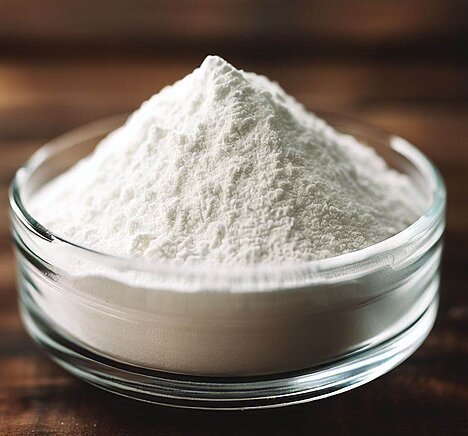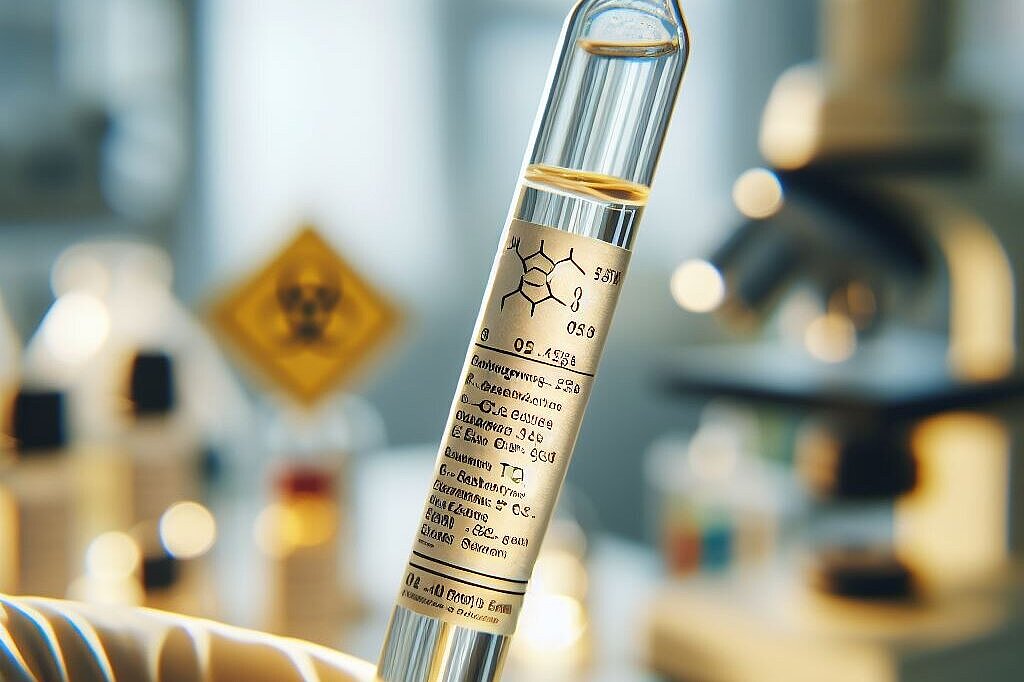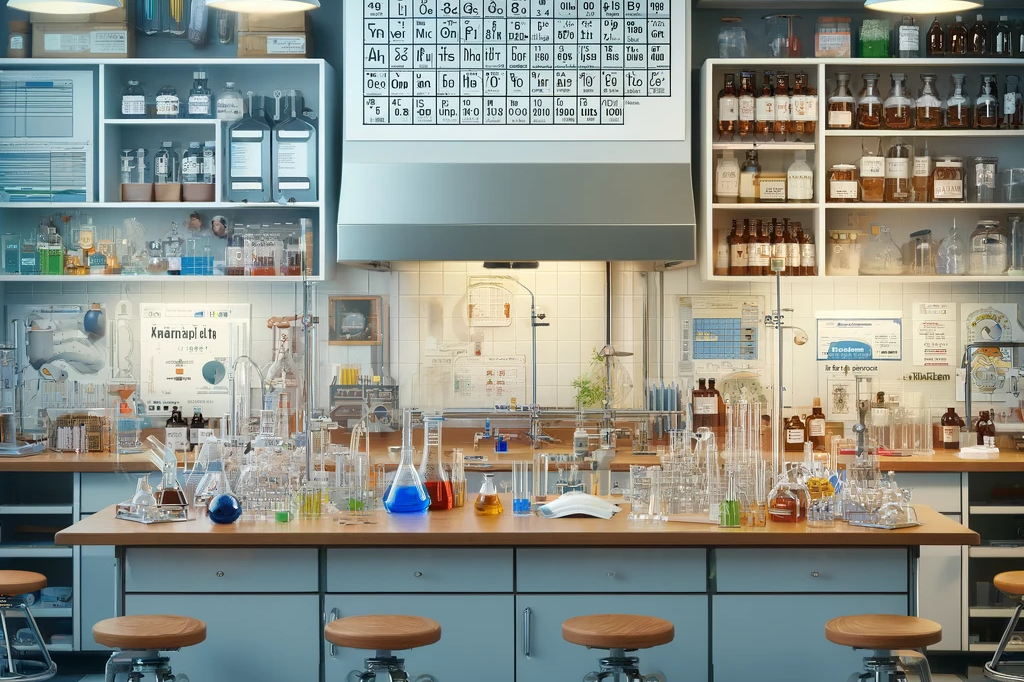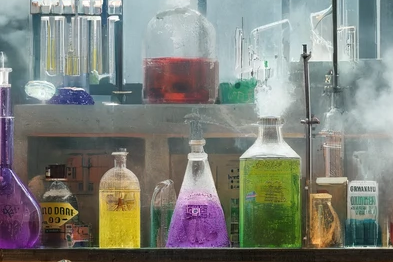Dioxin

What is dioxin and how is it formed?
Dioxin is a collective term for a group of over 200 different chlorine-containing compounds that are formed as by-products of combustion processes or the production of chlorine chemicals. Dioxins can accumulate in the environment and enter the human and animal body via the food chain. The main sources of dioxin are industrial waste, waste incineration plants, forest fires or pollutants from traffic.
How does dioxin affect dogs?
Dioxin is a so-called endocrine disruptor, i.e. it can disrupt the hormone system of humans and animals. Dioxin can accumulate in fatty tissue and lead to various health problems in the long term. Possible consequences of dioxin exposure include
- Impairment of the immune system
- Increased risk of cancer
- Damage to the liver and kidneys
- Impairment of the ability to reproduce
- Changes in behavior
The effect of dioxin depends on various factors such as the amount, duration and time of ingestion, age, sex and health status of the animal. Symptoms of acute dioxin poisoning may include vomiting, diarrhea, fever or skin rash. Chronic dioxin exposure, however, may only become noticeable years later.
How can you protect your pet?
The good news is that the dioxin content in food has decreased significantly in recent years. This is due to stricter environmental regulations and controls in food production. The bad news is that dioxin cannot be completely avoided. But that doesn't mean you have to expose yourself or your pet to unnecessary risks. Here are some tips on how to protect your pet:
- Only buy high quality dog food from trustworthy manufacturers. Pay attention to the country of origin and the best-before date of the food. Find out about possible recalls or warnings about certain products.
- Feed your pet a varied and balanced diet. Avoid too much fat and offal in the food, as these can be particularly contaminated with dioxin. Give your pet additional fresh fruit and vegetables.
- Reduce your pet's contact with dioxin-containing substances. For example, avoid burning garden waste or lighting candles near your pet. Keep your pet away from busy roads or industrial areas.
- Have your pet checked regularly by a vet. If you suspect that your pet is contaminated with dioxin, talk to your vet. They can carry out a blood test and recommend treatment if necessary.
Dioxin is not an ingredient you want in your dog food. But you can protect your pet by educating yourself and taking some precautions.
Properties 3
Are you looking for other ingredients with a specific property?
Just click on them to find more.
If you notice any signs of hypersensitivity or poisoning in your dog, you should see your vet immediately. We are not a substitute for a vet, but we try to be as accurate as possible. Every dog reacts differently and we recommend you get a second opinion or consult your vet if in doubt.
Stay healthy and take good care of your four-legged friend!😊
Similar to Dioxin
Furan is a ring-shaped organic substance consisting of four carbon atoms and one oxygen atom. Furan is colorless, highly volatile and odorless and has a boiling point of 31° C. Furan is used in the...
Polychlorinated biphenyls are a group of synthetic organic chemicals consisting of two linked benzene rings with chlorine atoms attached. Due to their chemical stability, non-flammability and...
Polychlorinated dibenzo-p-dioxins (PCDDs) belong to a family of highly toxic chemical compounds that are formed in the environment mainly through combustion processes. They are extremely persistent...
Polycyclic aromatic hydrocarbons (PAHs) are a class of organic compounds consisting of two or more linked aromatic rings. They are mainly formed by the incomplete combustion of organic material such...



